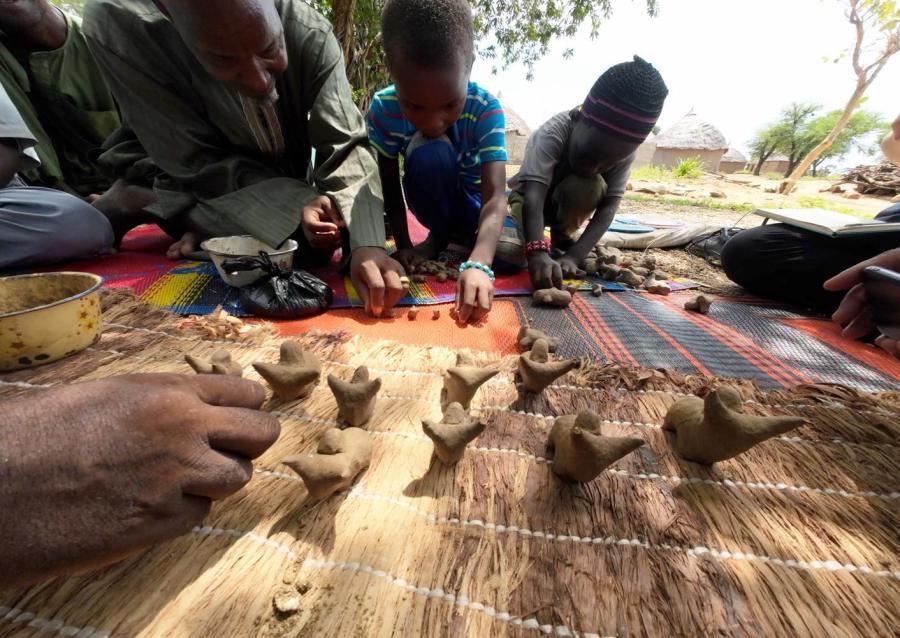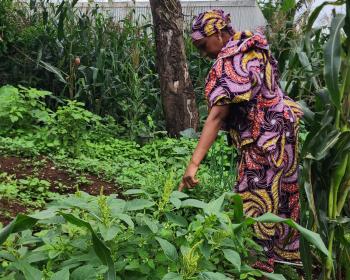Indigenous Activists Tell Cultural Survival What The Decade Meant To Them
The low levels of education among the Mbororo—caused primarily by their historical reliance on cattle-rearing and isolated, dispersed settlement patterns—has formed a key barrier to their inclusion within Cameroon society. This problem is particularly acute for Mbororo girls. To tackle some of the root causes, the Mbororo Social and Cultural Development Association (MBOSCUDA), an organization founded in 1992 to protect the rights and culture of the Mbororo of Cameroon, has increasingly sought to create awareness through sensitization and provision of infrastructure in some of the most remote Mbororo settlements. Several schools and classrooms have been built, some of which have been taken over by the government. An adult functional literacy program, called REFLECT, is being carried out in 20 communities across the North West Province. Through this program women are able to read and write their names, identify their problems, and seek means of addressing them. As a result of these activities, school enrollment has significantly increased in some communities.
Despite their successes, Mbororo communities face massive challenges. Problems of exclusion, adverse incorporation, and self-imposed isolation cannot be overcome within a decade or even a generation.
— Musa Usman Ndamba, provincial executive president for northwest Cameroon



